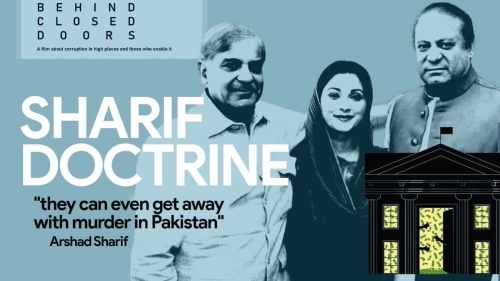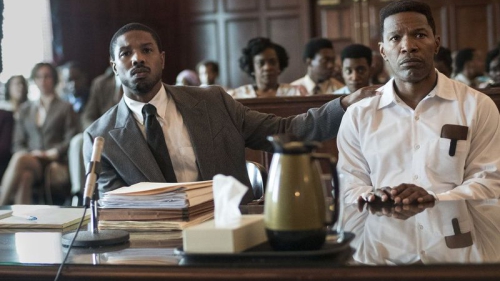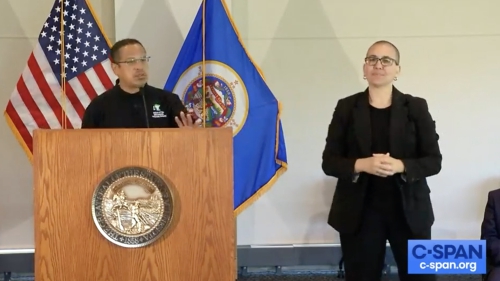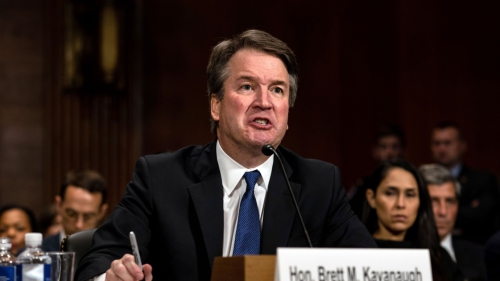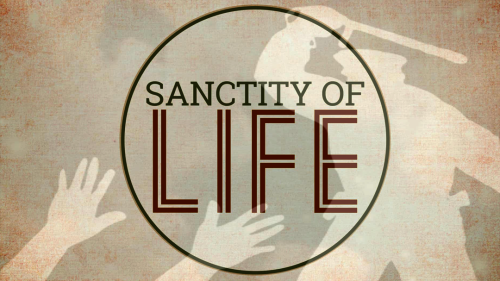Imagine Peace: War or Organized Crime
For the next few days, whenever you encounter the word war, whether written, spoken or simply in your own thoughts, try replacing it with the phrase organized crime. For instance, instead of war criminal and war hero, say organized crime criminal and organized crime hero. Civil and revolutionary wars would change to civil and revolutionary organized crimes. Departments and Ministers of War would become Departments and Ministers of Organized Crime, and prisoners of war would become prisoners of organized crime. War zones would become organized crime zones. And war victims would become organized crime victims.
You get the idea. Tends to put a slightly different spin on things; doesn't it? The idea of war as organized crime is not based on the words of a nonviolent leader such as Gandhi or King. The idea comes from the title of Smedley Butler's book War is a Racket. As pointed out in last week's column, Semper Fidelis, Butler was a highly decorated war hero who won the Congressional Medal of Honor twice before retiring from military service in 1931. Columnist Will Rogers described Butler as "a natural born warrior [who would] fight anybody anytime."
This column centers on a totally different Butler quote than the ones mentioned last week: "I suspected I was just part of a racket at the time," said Butler. "Now I am sure of it. Like all the members of the military profession, I never had a thought of my own until I left the service. My mental faculties remained in suspended animation while I obeyed the orders of higher-ups. This is typical with everyone in the military service."
One might argue that this is precisely the problem with the military. But actually it happens to be a cornerstone of a democratic system as opposed to a military government. People in the U.S. military actually subordinate their own political will to that of the civilian population and the elected leaders of the country. This is a good thing. It is literally an act of faith, as in the U.S. Marine Corps motto, Semper Fidelis: always faithful. From that perspective, the entire nation becomes a faith community. People in the armed forces commit themselves to faithfully engage in mass violence and destruction without question when commanded. By doing so, they, who are no different than the rest of us, also place faith in the rest of the population, that we will not engage them in organized crime except for the most extreme of situations.
So the slogan, "My country right or wrong," describes the obligatory status of the military soldier, sailor or airman. But it becomes mindless hogwash when uttered by a civilian in a democratic country.
I tried to point this out one evening during a working dinner to a crew-cut all-American looking fellow who had earlier been entertaining everyone at the table with a story about how he'd been selected for a television commercial because of his perfectly blue eyes. During the course of conversation about each other's experiences, it came out that I had spent time in the military. I was at first embarrassed and then annoyed as "old blue eyes" gushed with admiration, noting that he had never been in the military but deeply respected the sacrifices that military people made. He gave a short speech at the table, and the message was "my country right or wrong."
After making it clear that I personally hadn't sacrificed anything, I tried to explain politely that in a democracy the civilians are the country. And if the country is wrong, the civilians are supposed to make it right. The best way to support people in the military is to make sure that the causes they are expected to fight for are at least as honorable as the manner in which they are expected to fight.
When dinner was over, I left the table feeling that "old blue eyes" hadn't gotten my drift. And it wasn't due to dumbness on his part. The guy happens to be brilliant. The problem is that explaining something this simple is almost like speaking in a foreign language. And it's not just an American problem. Far too many of us grow up with ideas of a glorious war fixing things that are wrong. The idea of war as being a culmination of many wrongs -- the straw that breaks the camel's back, as it were -- just doesn't compute.
When a person, such as Butler, who has seen more war than most of us can even imagine, describes war as a racket, then perhaps the rest of us can ask: Under what conditions would I sanction organized crime?
We can realize that the people we send into organized crime, our own sons (and daughters nowadays), trust us enough to go unquestioningly. But they also trust us not to send them if there is any way to avoid it. So when politicians argue that troops can go in because our technological superiority will limit our casualties, we civilians have to ask ourselves: Are we being faithful to our trust?
This is more than just a philosophical argument. A big problem with organized crime is that it spreads. Violence, particularly of the popularized mass-hypnosis kind, spreads in all directions. Rates of violent crime increase at home when troops are assaulting people and property abroad, which in the long run does not bode well for a government based on consent of the governed. Wars tend not to fix problems abroad either. World Organized-Crime I was billed as the organized crime to end all organized crimes. It simply led to World Organized-Crime II, the Cold Organized Crime, and the carving of so-called Second and Third World nation states which have become mutually incompatible sources of constant and increasingly destructive organized crimes that currently have some people worried about World Organized-Crime III.
When asked about alternatives to war, people are often perplexed. When asked about alternatives to crime, however, we give plenty of simple answers like, "honesty." Hmmmm. Perhaps an alternative to war can be found in the words of a former U.S. Congressman and reverend by the name of Adam Clayton Powell, Jr.: "Keep the faith, baby."
Imagine Peace.
Hassaun Ali Ibn Musa Jones-Bey directs the Imagine Peace Project at http://www.imaginepeace.org.
Copyright 1999 Ibn Musa






